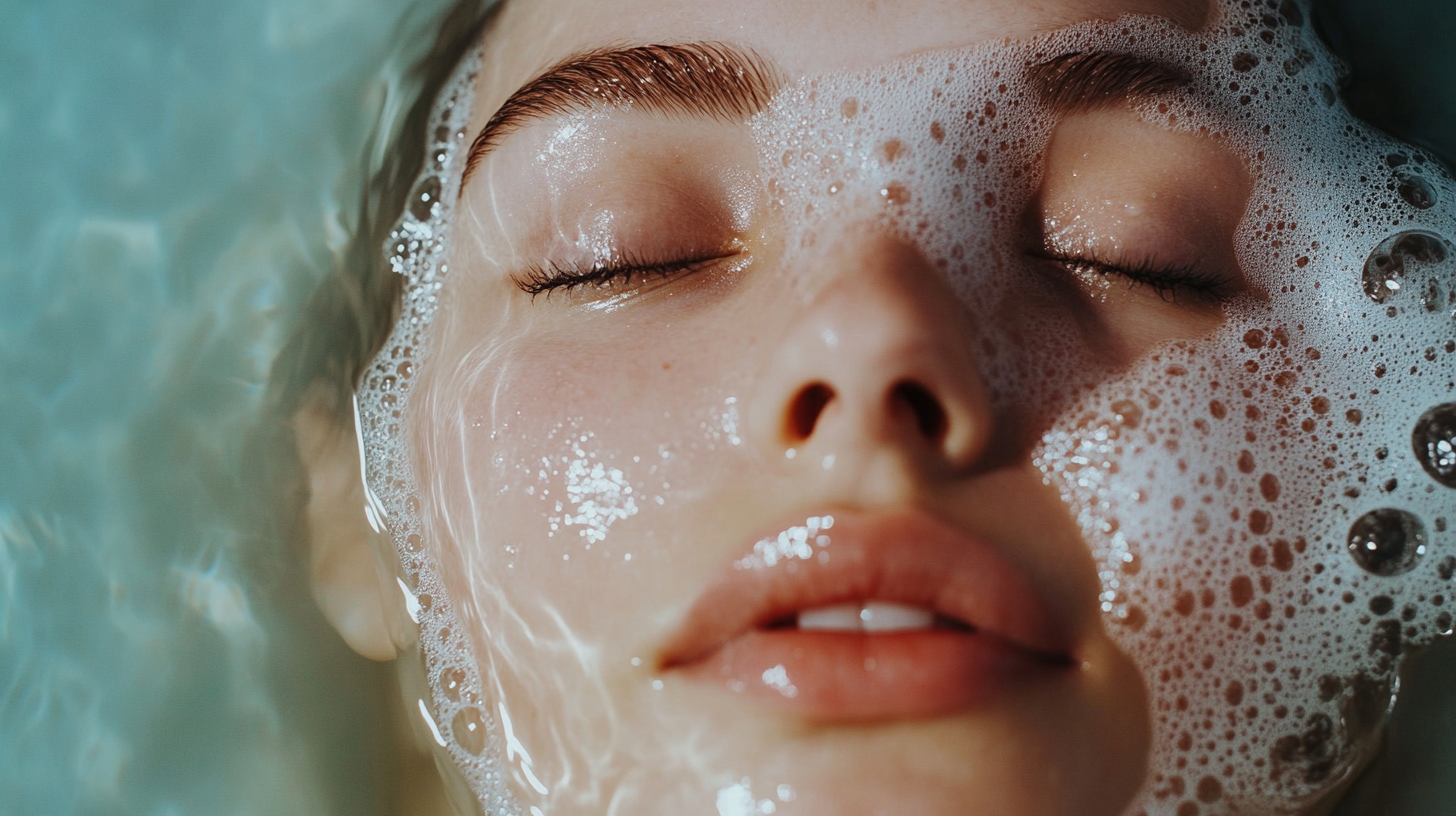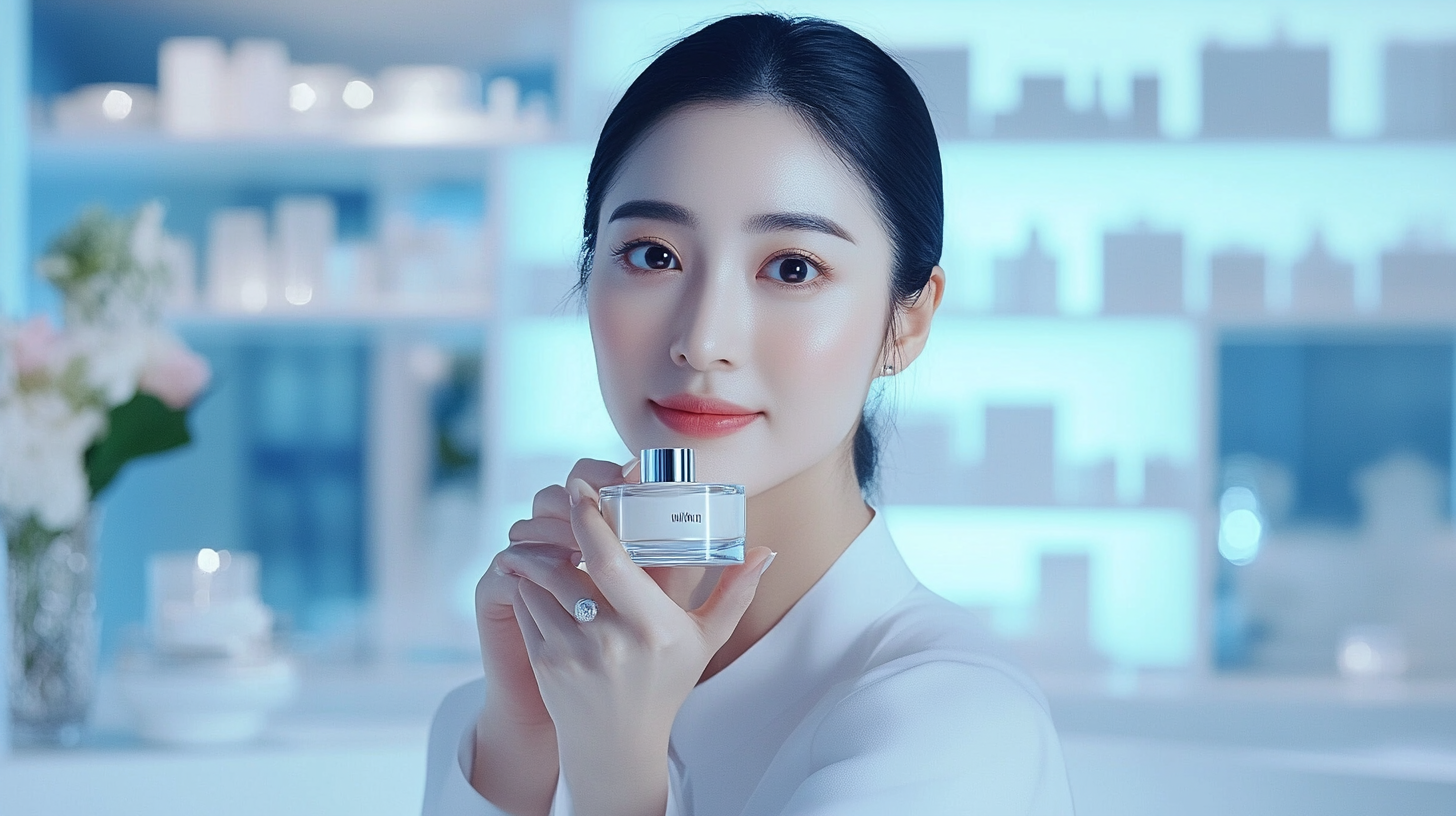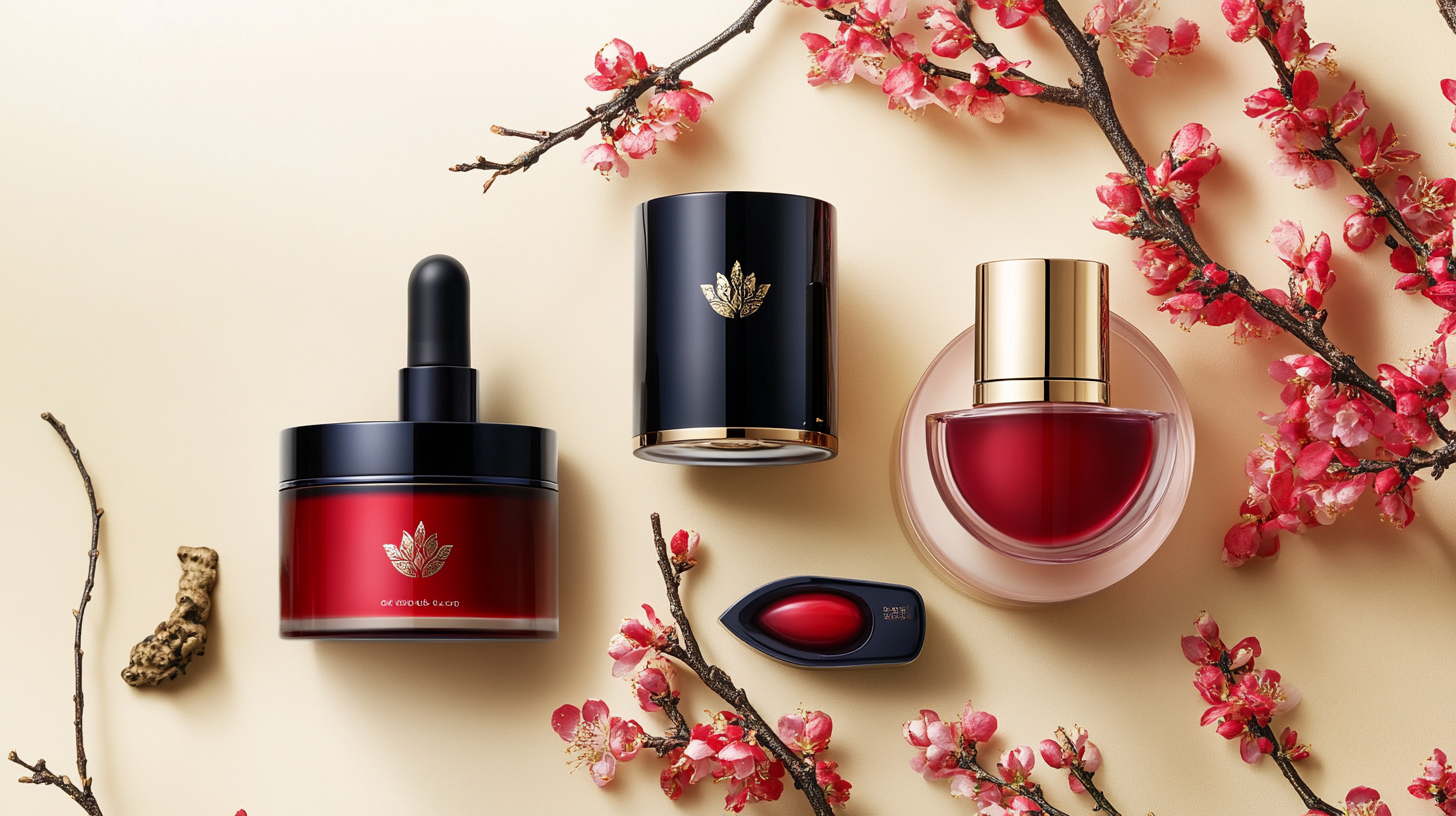Unlocking the Secrets of Beauty: Top Care Products You Can't Miss
In the ever-evolving world of personal care and beauty, staying informed about the latest products can be both exciting and overwhelming. With countless options available, it's essential to identify those standout items that truly enhance your routine and elevate your self-care experience. This blog, "Unlocking the Secrets of Beauty: Top Care Products You Can't Miss," aims to be your comprehensive guide to navigating the vast array of care and beauty products that promise to bring out your best self.
As we delve into this treasure trove of insights, we will highlight must-have products that cater to various needs and preferences. Whether you're searching for effective skincare solutions, luxurious hair treatments, or innovative make-up essentials, this article will provide you with a curated selection of the finest care and beauty items. Get ready to unlock the secrets of beauty and discover the transformative power of the right products in your self-care journey!

The Importance of Quality Ingredients: What to Look For in Beauty Products
In today’s beauty landscape, the spotlight is firmly on quality ingredients. With a staggering 72% of consumers prioritizing organic ingredients in their personal care products, it’s becoming increasingly clear that shoppers are demanding cleaner, safer options. This shift reflects a growing awareness of the potential health hazards associated with synthetic cosmetics and personal care items, which often contain harmful substances like carcinogens and impurities. Research from NSF highlights the rising trend of consumers looking for third-party certified products that guarantee the absence of toxic ingredients. As the popularity of social media continues to soar, so does the scrutiny of what goes into our beauty routines. Many consumers are now more informed about specific components, opting to seek out star ingredients like niacinamide and vitamin C, rather than simply choosing well-known brands. The beauty industry is undergoing a transformation, driven not just by aesthetic desires but also by a hunger for quality and authenticity. This evolution presents an exciting opportunity for brands to cater to this new generation of conscientious consumers who prioritize safety and efficacy over trendiness. As we unlock the secrets of beauty, it is essential to remain vigilant and informed about the ingredients we choose for our skincare, ensuring they embody the values of health and sustainability.

How to Identify Your Skin Type for Tailored Beauty Care Solutions
Identifying your skin type is a crucial first step in any beauty care routine. According to a report by the American Academy of Dermatology, approximately 50% of individuals do not use products suitable for their skin type, which can lead to various skin issues, from acne to premature aging. The main categories of skin types include oily, dry, combination, and sensitive. Each type requires tailored products that cater specifically to its unique needs.
For instance, individuals with oily skin often benefit from lightweight, oil-free moisturizers and gel-based cleansers that can help control excess sebum production. A study published in the Journal of Clinical and Aesthetic Dermatology highlighted that salicylic acid in skincare can effectively reduce acne breakouts in oily skin types by unclogging pores. On the flip side, those with dry skin should opt for richer creams and hydrating serums, especially those that contain ingredients like hyaluronic acid and ceramides, which can significantly improve moisture retention, as noted in research by the National Institutes of Health.
Combination skin can be a bit tricky, often requiring a strategic approach—hydrating the dry areas while controlling oil in the T-zone. Products that offer dual benefits, like lightweight moisturizers that also mattify, can be particularly effective. Meanwhile, sensitive skin types should always lean towards hypoallergenic and fragrance-free products to minimize irritations. The latest data from the Skin Cancer Foundation reveals that utilizing products formulated for your specific skin type not only enhances appearance but also strengthens the skin's overall health, reducing the likelihood of long-term damage.

Top 5 Active Ingredients That Transform Your Skin: A Data-Driven Analysis
In the ever-evolving world of skincare, understanding the active ingredients in your beauty products can profoundly impact your skin's health and appearance. This data-driven analysis focuses on five transformative ingredients that are gaining traction for their proven efficacy.
First on the list is hyaluronic acid, a powerful humectant that attracts moisture to the skin. It can hold up to 1,000 times its weight in water, making it a staple for anyone looking to maintain hydration and plumpness in their skin. Research shows that consistent use can lead to decreased fine lines and a smoother complexion, making it an essential addition to any skincare routine.
Next, retinol has firmly established itself as a go-to ingredient for anti-aging. As a derivative of vitamin A, it promotes cell turnover and collagen production, effectively reducing the appearance of wrinkles and improving skin texture. Data indicates that regular retinol use can enhance radiance, making the skin appear more youthful and refreshed.
Lastly, vitamin C is celebrated for its brightening properties and its ability to combat free radical damage. Studies demonstrate its effectiveness in evening out skin tone and boosting brightness, thanks to its role in inhibiting melanin production. Incorporating these five active ingredients into your skincare routine can unlock the secrets of beauty, transforming your skin into a canvas of health and radiance.

Industry Trends: The Rise of Clean Beauty Products and Consumer Demand
The beauty industry is undergoing a significant transformation, driven by an increasing consumer demand for clean and sustainable products. The rise of clean beauty is not just a trend; it's a movement that reflects a deeper awareness and appreciation for natural ingredients and ethically sourced materials. According to recent forecasts, the natural cosmetics market alone is projected to grow to $21.83 billion by 2032, signifying a robust shift in consumer preferences towards products that are both effective and environmentally friendly.
As brands respond to this demand, they're incorporating innovative ingredients like microalgae into their formulations, with the personal care and cosmetics microalgae market expected to reach USD 117.0 million by 2035. This shift towards utilizing natural resources highlights a greater focus on sustainability and animal welfare, aligning with modern consumers' values. Beauty brands are now prioritizing clean ingredient lists and transparent sourcing, all while ensuring their products deliver exceptional results.
Furthermore, the cosmetic skin care sector is thriving, with projections estimating it will reach USD 197.2 billion by 2030. This growth reflects consumers' increasing interest in skin health and well-being, pushing brands to innovate and differentiate their offerings. As we explore the evolving landscape of beauty, it's clear that the demand for clean and effective products is reshaping how brands communicate their values and engage with their audience, promising a future where beauty can be both ethical and luxurious.
The Impact of Skin Care Routines: Statistics on Their Effectiveness and Popularity
The beauty industry has seen an unprecedented surge in the popularity of skin care routines, backed by compelling statistics demonstrating their effectiveness. According to a report by Statista, the global skincare market is projected to reach $189.3 billion by 2025, highlighting a growing consumer commitment to skincare regimens. As consumers become more aware of the importance of skincare, many are investing in multifaceted routines that cater to their specific skin types and concerns.
Surveys indicate that nearly 70% of millennials believe a good skincare routine is essential for a healthy appearance. Furthermore, a study conducted by the American Academy of Dermatology found that consistent skincare routines can lead to a 25% improvement in skin texture and hydration over three months. This statistic resonates well with consumers who are increasingly prioritizing dermatological health alongside beauty aesthetics.
The impact of social media cannot be overlooked in this trend. Platforms like Instagram and TikTok are flooded with before-and-after results and skincare tips, contributing to a 150% increase in the demand for serums between 2019 and 2021, as reported by Market Research Future. As influencers share their personal skincare journeys, they help demystify the process and empower their followers to adopt effective routines, underscoring the significant correlation between community engagement and skincare practice adherence.

